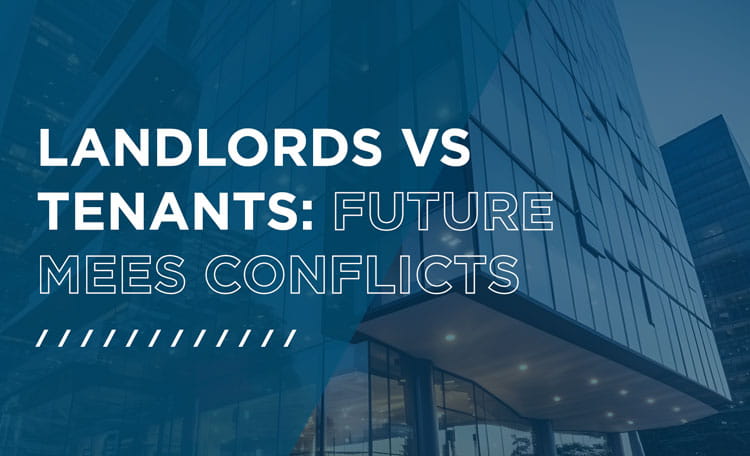
Insights
Featured

Insights • Workplace
European Obsolescence Equals Opportunity
Healthcare

Insights
Investor Survey Healthcare Real Estate

Article
Insights
Verena Bauer • 07/03/2022
Hospitality

Research
European Hotel Investor Compass

MarketBeat
Retail

Research
Success stories in Germany

Cushman & Wakefield • Office & Workplace
Learn More

Cushman & Wakefield • Office & Workplace
Learn More

UPFIELD • Office & Sustainability
Learn More

advita Pflegedienst GmbH • Healthcare
Learn More

Kauri CAB Group • Retail & Shopping Centre
Learn More

AEW • Logistics & Industrial
Learn More

Kauri CAB Group • Retail & Shopping Centre
Learn More

Hamburg Software Firm • Information Technology
Learn More

C&W: The Westlight • Office & Workplace
Learn More
RECENT NEWS

Jens Weymann New Head of Sustainability & ESG Germany
Cushman & Wakefield has appointed a new Head of Sustainability and ESG for Germany. Jens Weymann, M.Sc. Energy and Environmental Engineering, will assume this position with effect from 1 May 2025.
Verena Bauer • 07/05/2025

European Living Investors Intend To Increase Sector Exposure With PBSA and PRS The Top Targets
Eighty percent of investors in Europe’s living sector expect to increase their allocations over the next five years with Purpose Built Student Accommodation (PBSA) and the Private Rental Sector (PRS) their top targets, according to new insight from Cushman & Wakefield.
Verena Bauer • 05/05/2025

New US-Administration - Consequences for the Real Estate Markets
Nothing is as it was just a hundred days ago. Donald Trump is shaking up the world. Including the global property markets. And thus also their European and German offshoots. The outcome of the movement is still open and forecasts should only be viewed with caution.
Verena Bauer • 02/05/2025

Office Capital Markets team in Hamburg gets off to a new start
Marc Bensemann and Robert Köwener will join Cushman & Wakefield in May 2025 to initiate and drive forward the reorganisation of the Office Capital Markets team in Hamburg. As Partner, Bensemann will take over the management of the team as Head of Office Capital Markets, while Köwener will hold the position of Director Office Capital Markets.
Verena Bauer • 15/04/2025

Further revival on the German hotel investment market
Cushman & Wakefield recorded a total transaction volume of EUR 395 million in the German hotel segment in Q1 2025. This corresponds to an increase of 55 per cent compared to the previous year.
Verena Bauer • 10/04/2025

Overview of Q1 2025 Developments in Germany’s Top 5 Office Markets
Cushman & Wakefield has analysed Q1 2025 developments in the office markets of Berlin, Düsseldorf, Hamburg, Frankfurt, and Munich. The key parameters — take-up, rental levels, and availability summarised below.
Verena Bauer • 08/04/2025

Developments in the first quarter of 2025 in the top 5 German investment markets at a glance
Cushman & Wakefield has analysed developments in the first quarter of 2025 on the investment markets in Berlin, Düsseldorf, Hamburg, Frankfurt and Munich and summarised the transaction volumes and yields.
Verena Bauer • 07/04/2025

Healthcare properties an important component of portfolio diversification for institutional investors
Cushman & Wakefield recorded a transaction volume of around EUR 690 million on the German healthcare property market in the first quarter of 2025 (Q1 2024: around EUR 134 million).
Verena Bauer • 07/04/2025

Promising start to the year on the investment market despite uncertain conditions
Cushman & Wakefield has recorded a transaction volume of €6.13 billion in the German commercial investment market at the start of 2025. Compared to the same period of the previous year, this corresponds to an increase in turnover of around 9 per cent.
Verena Bauer • 07/04/2025

Investments in residential property — strong start to 2025
Cushman & Wakefield recorded a transaction volume of EUR 2.15 billion in the German residential property market for the first quarter of 2025. The transaction market is gaining momentum, investor interest is increasing and many market participants are becoming more active.
Verena Bauer • 07/04/2025

Cushman & Wakefield brokers the sale of an office building in Berlin
Cushman & Wakefield has successfully advised on the sale of an office building in Berlin. The property at Nürnberger Straße 49 was sold by a private owners' association to a property company.
Verena Bauer • 03/04/2025
FEATURED ARTICLES
Research • Workplace
Research
Research • Workplace

Research
Coworking and Serviced Offices

Research • Workplace
Slovakia Office Fit Out Cost Guide

Research • Workplace
Explore our Office Fit Out Cost Guide 2025 to budget and plan your workspace transformation in the UK effectively. Start optimising your office today!
Article
Research • Sustainability / ESG
Elevating Birmingham's Urban Inclusivity

Article • Sustainability / ESG
Landlords vs Tenants: Future MEES Conflicts
FEATURED MARKET REPORTS
MarketBeat
UK Life Science Marketbeat Reports

MarketBeat
MarketBeat
UK London Office Marketbeat Reports

















